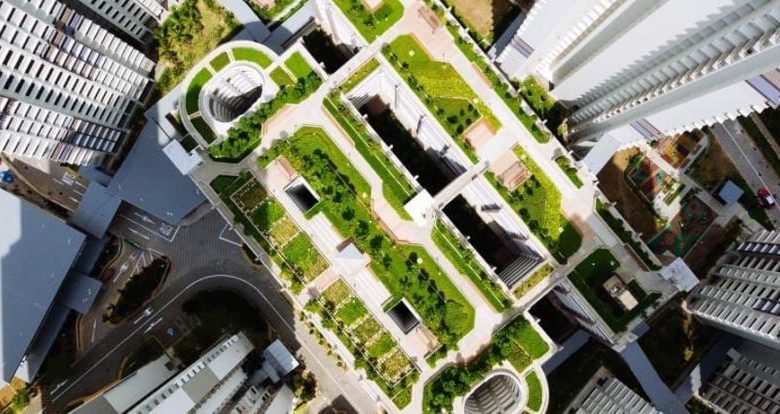Green Building and Sustainable Construction: Legal Considerations

Green Building and Sustainable Construction: Legal Considerations
Introduction
When it comes to building practices, more and more individuals and organizations are opting for green building and sustainable construction. Not only does it help reduce the environmental impact, but it also offers long-term cost savings. However, before embarking on a green building project, it’s essential to consider the legal implications. In this article, we will explore some of the key legal considerations involved in green building and sustainable construction.
Legal Considerations for Green Building Projects
1. Building Codes and Regulations
Green building practices often require compliance with specific building codes and regulations. These codes ensure that the construction project meets sustainability standards, including energy efficiency, water conservation, waste management, and indoor air quality. It is crucial to understand and comply with these codes to avoid potential legal issues that may arise during or even after the construction process.
2. Permits and Certifications
To undertake a green building project, you may need to obtain special permits and certifications. These may include LEED (Leadership in Energy and Environmental Design) certification or other local certifications that validate your building’s sustainable features. Failure to obtain the necessary permits and certifications can result in fines, delays, and the inability to market your building as “green.”
3. Contractual Considerations
When hiring contractors, architects, and other professionals for your green building project, it is crucial to address sustainability requirements in your contracts. Clearly outline the sustainability goals and standards expected from all parties involved. Ensure that there are provisions for monitoring and verifying sustainability metrics throughout the construction process. This will help avoid disputes and ensure that all parties fulfill their obligations.
4. Material Selection and Procurement
Choosing sustainable materials is a fundamental aspect of green building. However, it is important to ensure that the materials you use meet the required standards, such as low Volatile Organic Compounds (VOCs) and recycled content. Some materials might be subject to restrictions or regulations due to environmental concerns. It is crucial to research and comply with these regulations to avoid legal issues.
Frequently Asked Questions (FAQs)
Q1: Are green building practices mandatory?
A1: While green building practices are not always legally required, several building codes and regulations encourage or incentivize sustainability. Additionally, some local jurisdictions may have specific requirements for green buildings. It’s important to research the applicable laws and regulations in your area.
Q2: Can I face legal consequences for not meeting sustainability goals?
A2: It depends on the agreements and contracts you have with your stakeholders. If you fail to meet sustainability goals outlined in contracts, you may face legal consequences, such as breach of contract claims or reputational damage. It’s important to clearly define these goals and ensure all parties understand and agree to them.
Q3: What should I do if I discover non-compliance during or after construction?
A3: If you discover non-compliance with sustainability standards during or after construction, it is crucial to take action promptly. Work with relevant professionals and experts to determine the extent and nature of the issue. Depending on the situation, possible solutions may involve remediation, negotiating with contractors, or seeking legal recourse.
Conclusion
As green building and sustainable construction become more prevalent, it is essential to consider the legal implications involved. From building codes and permits to contractual considerations and material selection, understanding and complying with the legal requirements are crucial for a successful green building project. By addressing these legal considerations, you can ensure a smooth and legally-compliant construction process, making a positive impact on the environment and your bottom line.